Reviewed by Julianne Ngirngir
Your smartwatch buzzes again—the third interruption this hour. Meanwhile, across the room, someone wearing what looks like regular jewelry is quietly tracking the same metrics, minus the digital noise. The Samsung Galaxy Ring has finally landed, and it's forcing us to rethink what health tracking should actually feel like.
What you need to know: • Samsung's Galaxy Ring launched at $399 with no subscription fees required • The device delivers up to 7 days of battery life in a titanium frame weighing just 2.3-3 grams • Smart rings are exploding with 88.4% year-over-year growth, though they still hold less than 1% of the wearable market
The timing couldn't be better. While smartwatch users check their devices 150 times per day, the Galaxy Ring represents Samsung's bet that we're ready for invisible health tracking. No screens, no constant notifications—just continuous monitoring that actually stays out of your way.
The subscription-free challenger enters the ring
Here's where Samsung's strategy gets really interesting: their no-subscription approach isn't just about undercutting Oura's $5.99 monthly subscription model—it's about fundamentally reshaping how companies monetize wearable health data. This pricing philosophy signals Samsung's confidence that hardware differentiation, not recurring service revenue, will drive their smart ring success.
This hardware-first approach shows in the engineering details. Samsung's ring measures 2.6mm thick compared to Oura's 2.88mm, achieved through that distinctive concave design that doubles as scratch protection during daily wear. The Grade 5 titanium construction delivers on Samsung's durability promise—hypoallergenic, 100-meter water resistance, and built to disappear into your daily routine.
But the real differentiator lies in Samsung's ecosystem integration strategy. The Galaxy Ring works seamlessly with Android devices while unlocking special features with Galaxy smartphones—gesture controls for camera shutters, alarm dismissals, and that clever Find My Ring feature. Reviews consistently show 5-6 days of real-world usage, with Samsung's portable charging case providing up to 14 days without finding an outlet.
The strategic limitation? Android-only compatibility means Samsung is deliberately trading broader market reach for deeper ecosystem lock-in with their existing user base.
What the numbers reveal about accuracy and intelligence
Smart rings succeed or fail on measurement precision, and here's where Samsung's approach reveals both strengths and evolving capabilities. Sleep tracking proves remarkably accurate, with Samsung Health providing insights that consistently outperform what many users get from Apple's ecosystem. The stress tracking implementation using heart rate variability feels genuinely thoughtful rather than generic.
Step tracking tells a more complex story. Initial testing showed 20% overestimation, improving to around 10% after firmware updates—illustrating how software refinements can enhance hardware capabilities over time. For dedicated athletes, activity tracking still lags behind specialized fitness watches, particularly for strength training or complex workouts.
The accuracy foundation enables Samsung's most compelling feature: AI-powered Energy Score analytics. After about a week of continuous wear, the system starts recognizing personal patterns and delivering genuinely useful insights about recovery, sleep quality, and daily readiness. Unlike generic fitness advice, these recommendations feel personalized because they build on solid measurement precision.
Heart rate monitoring achieves 98-99% accuracy when compared to ECG measurements, provided you maintain proper fit—those sensors need consistent skin contact to deliver reliable readings. This measurement reliability becomes the foundation for Samsung's ecosystem integration, where accurate Galaxy Ring data can complement and enhance Galaxy Watch functionality for users wearing both devices.
The bigger smart ring explosion happening right now
Samsung isn't creating the smart ring market—they're strategically amplifying it at the perfect moment. Global smart ring sales hit 880,000 units in 2023, with Oura commanding 80% market share, but IDC forecasts this jumping to 3.2 million units by 2028—representing 29.5% annual growth that dwarfs traditional wearables.
This explosive growth reveals shifting consumer priorities. While smartwatch sales hit 161 million devices annually, they're growing at just 1.7% yearly. Smart rings are capturing market share because they solve fundamental user experience problems: over 50% of smartwatch users cite screen distractions as issues, and over 35% of consumers actively prefer more discreet wearables.
The market trajectory suggests perfect timing for Samsung's entry. The global smart ring market is projected to reach $34.87 billion by 2032, up from just $2.67 billion in 2023. This isn't just organic growth—Samsung's entry legitimizes the category for mainstream consumers while bringing the marketing resources needed to educate buyers about an entirely new health tracking philosophy.
For potential buyers, this rapid market maturation means better product availability, faster feature development, and more competitive pricing as additional manufacturers enter the space. Samsung's ecosystem approach also suggests smart rings will increasingly integrate with broader device networks rather than functioning as standalone products.
Should you actually buy Samsung's smart ring?
The Galaxy Ring makes strategic sense for specific user profiles, particularly those already invested in Samsung's ecosystem who want health tracking that genuinely disappears into daily life. Samsung's no-subscription pricing model becomes increasingly attractive for long-term usage—where Oura's subscription accumulates to over $500 after 18 months, the Galaxy Ring's upfront cost remains fixed.
Samsung's promise of four years of software updates indicates serious long-term support commitment, while the portable charging case addresses one of wearables' most persistent pain points. Being able to top up your ring multiple times without hunting for outlets feels genuinely liberating for frequent travelers or busy professionals.
However, realistic expectations matter. This isn't replacing a smartwatch for notifications, calls, or comprehensive fitness tracking. The gesture controls remain limited to basic functions, and Android-only compatibility rules out iPhone users entirely. The sweet spot user appreciates continuous health monitoring without wrist-worn bulk, values sleep insights over detailed workout metrics, and benefits from Samsung's integration with Galaxy phones and watches.
Early reviews consistently praise the comfort factor—this genuinely feels like jewelry you'd choose to wear, not a compromise you'd tolerate for data collection.
The invisible future of health tracking
Samsung's Galaxy Ring represents more than another gadget launch—it validates a fundamentally different philosophy about personal health monitoring. While smartwatches compete on feature density and screen real estate, smart rings succeed by disappearing entirely from conscious awareness.
This invisible monitoring approach aligns with emerging privacy preferences. Smart rings collect focused health data without the extensive personal information that smartwatches accumulate through apps, notifications, and constant connectivity. For users increasingly concerned about data collection, rings offer health insights with a smaller digital footprint.
The rapid adoption patterns suggest we're witnessing the early stages of a significant market shift. As AI-powered health analytics grow by 30% annually, the combination of passive monitoring and intelligent insights becomes increasingly compelling for mainstream consumers who want health awareness without digital overwhelm.
Your next health tracker might not buzz, beep, or light up at all. It might just quietly collect the data that matters, deliver insights when you need them, and otherwise stay completely out of your way. That's Samsung's Galaxy Ring proposition—and why their market timing might be absolutely perfect.




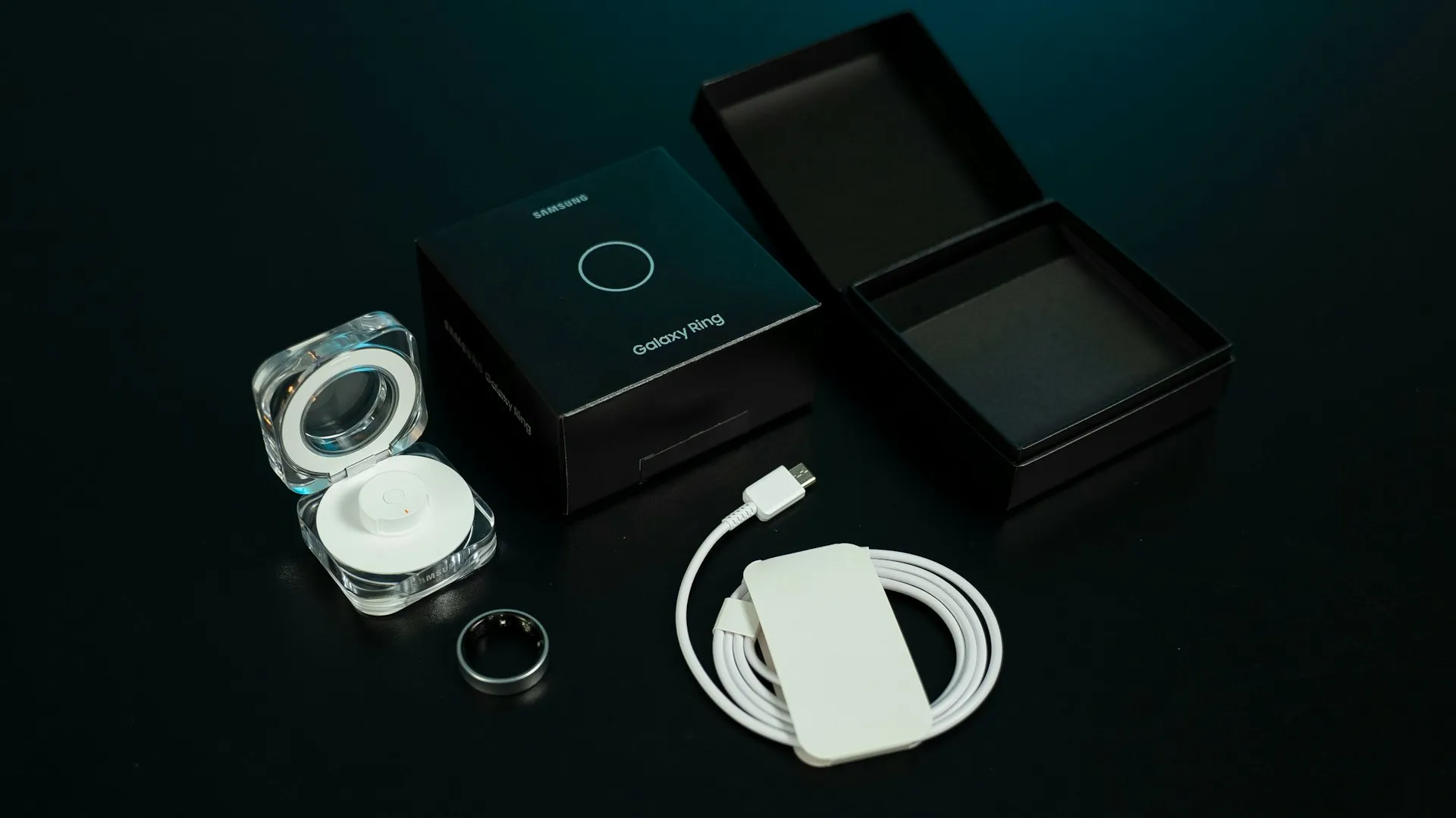
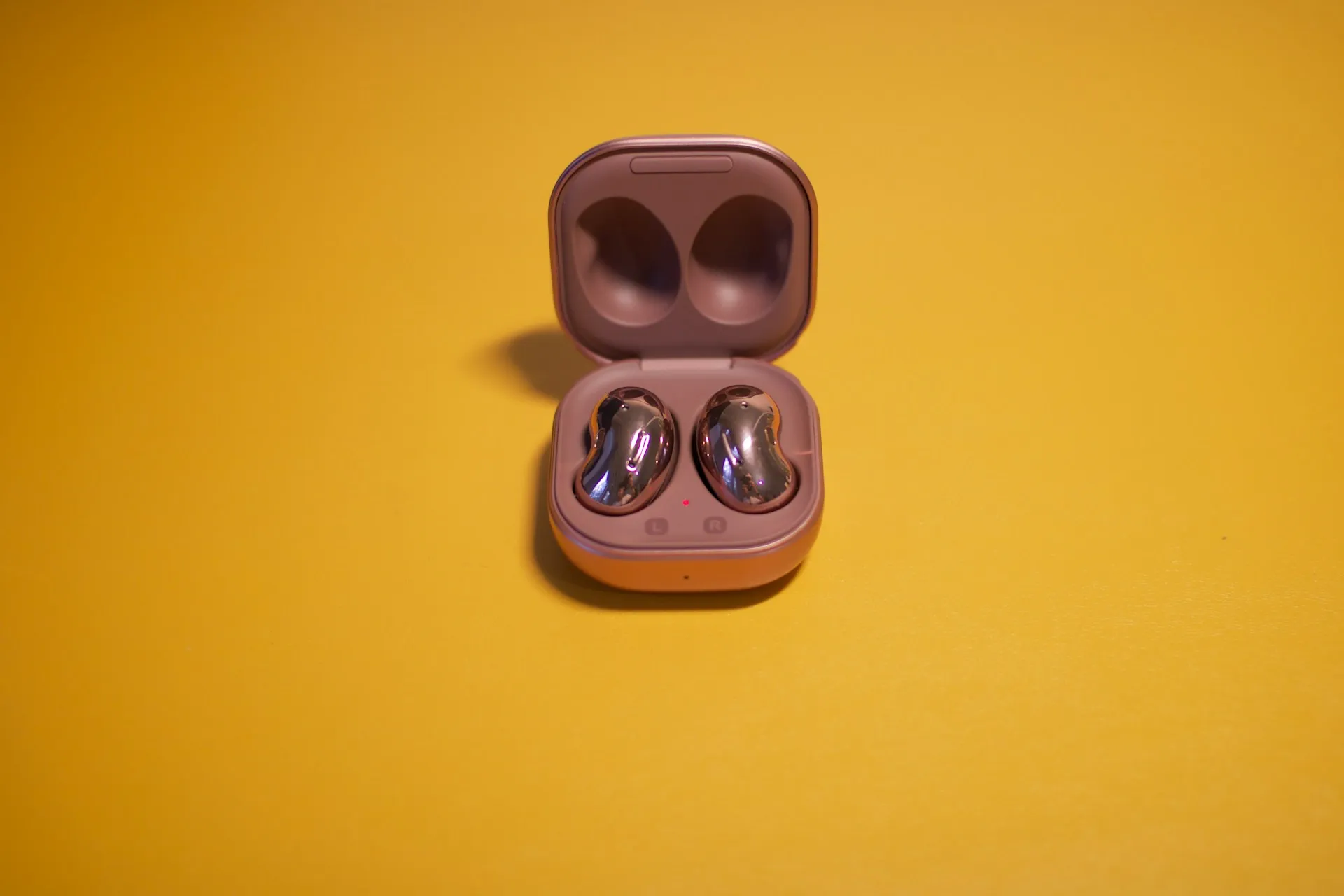
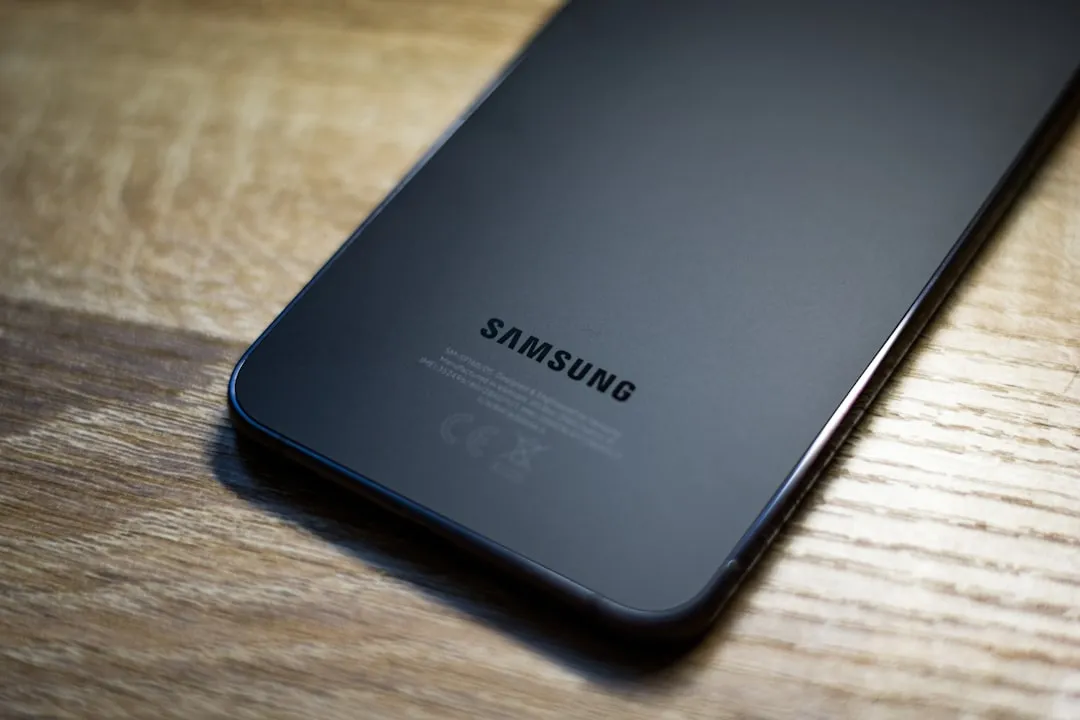

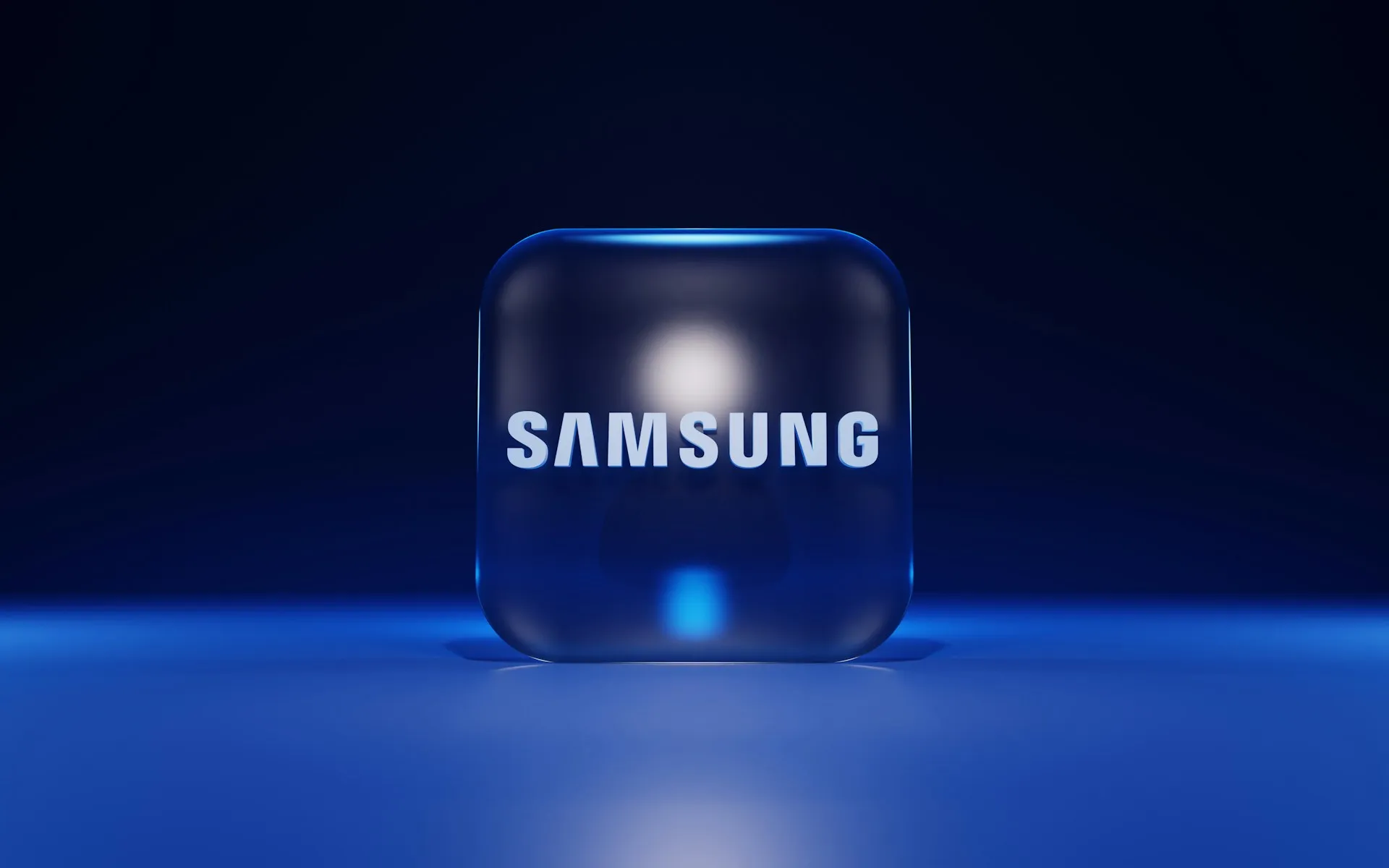
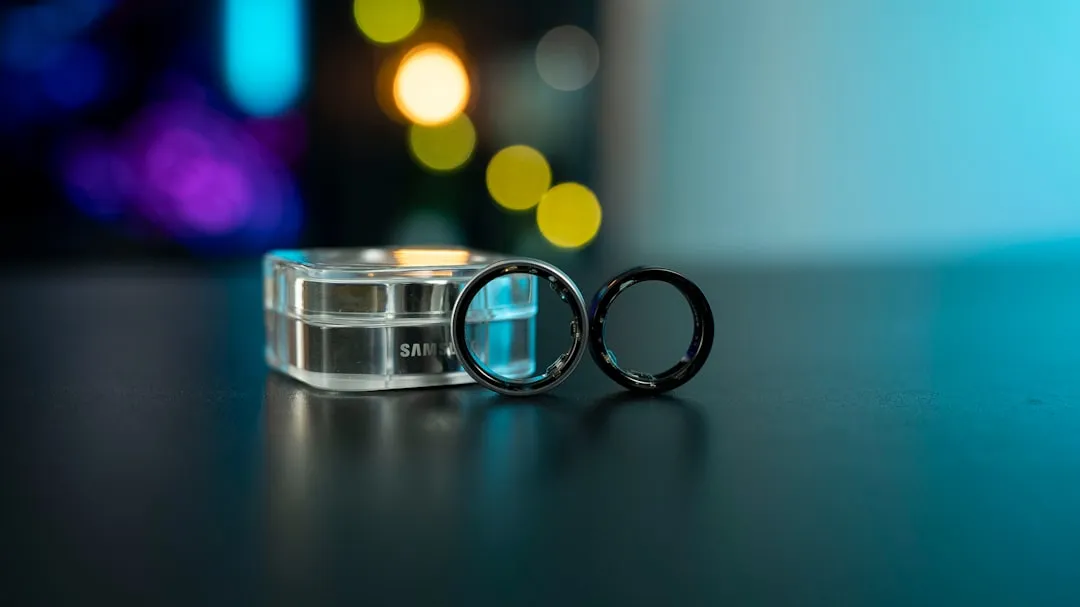

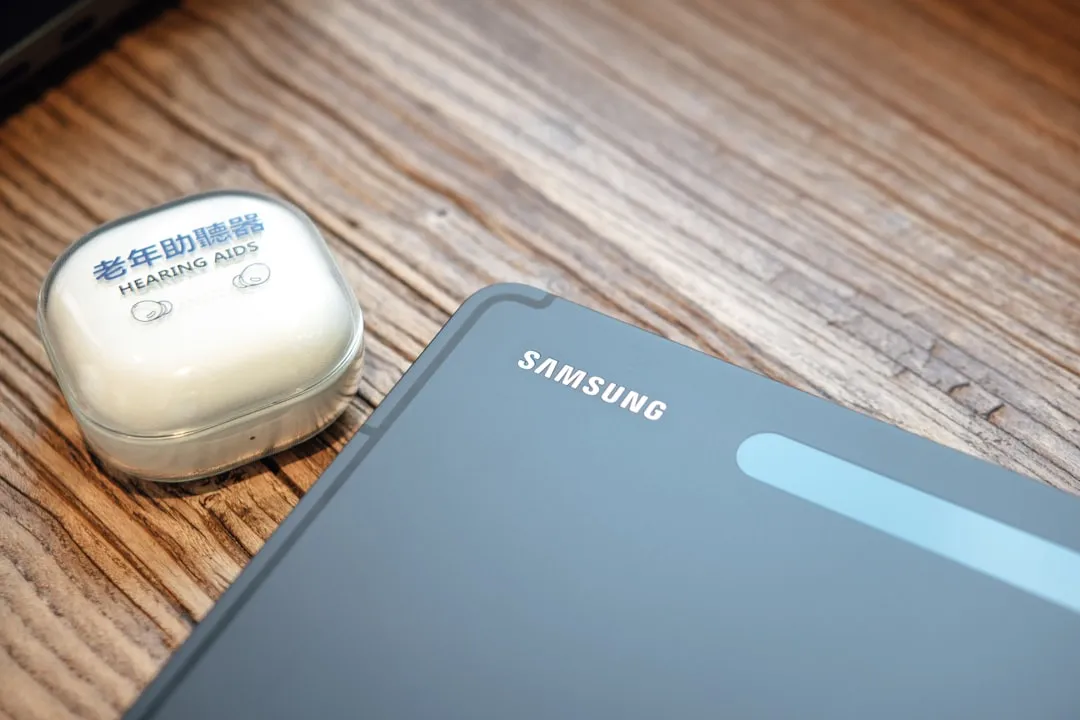
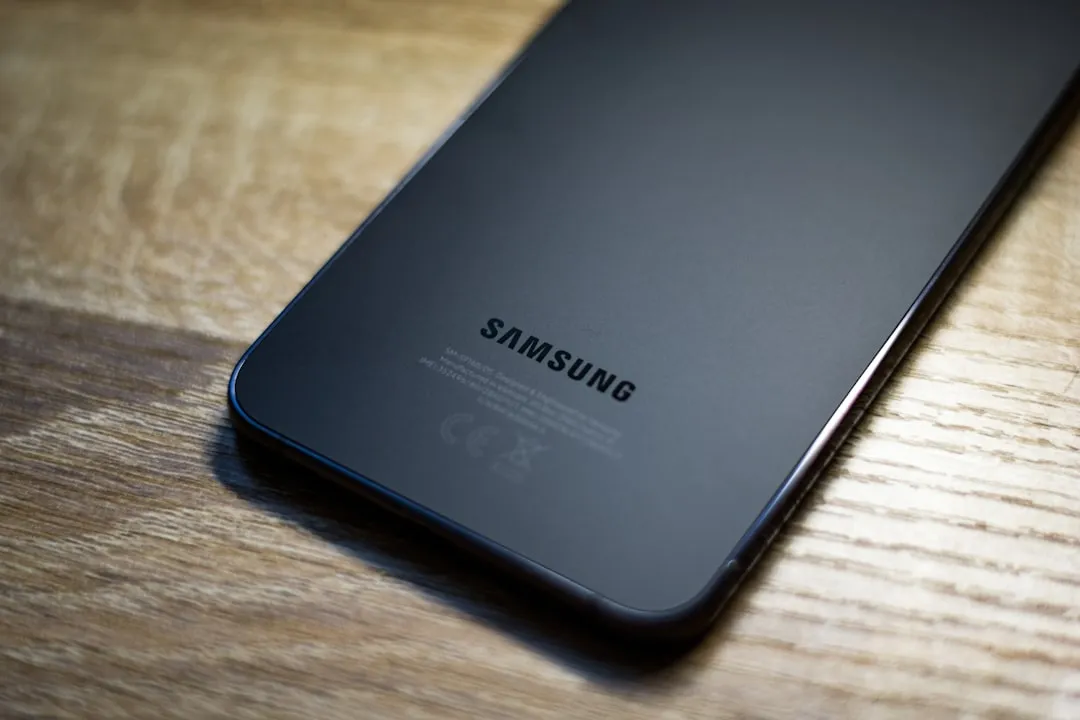



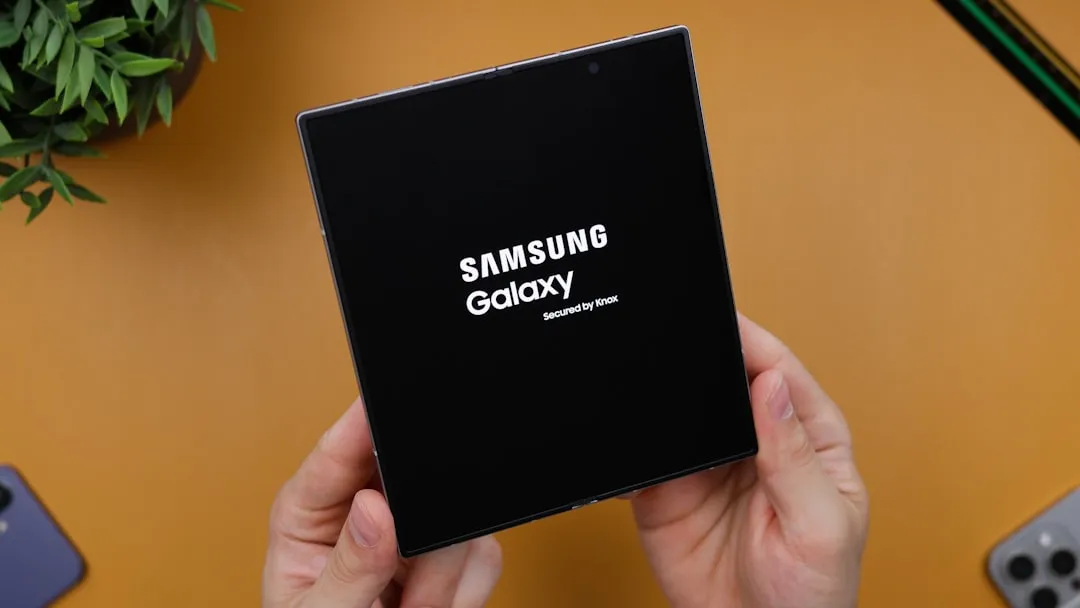

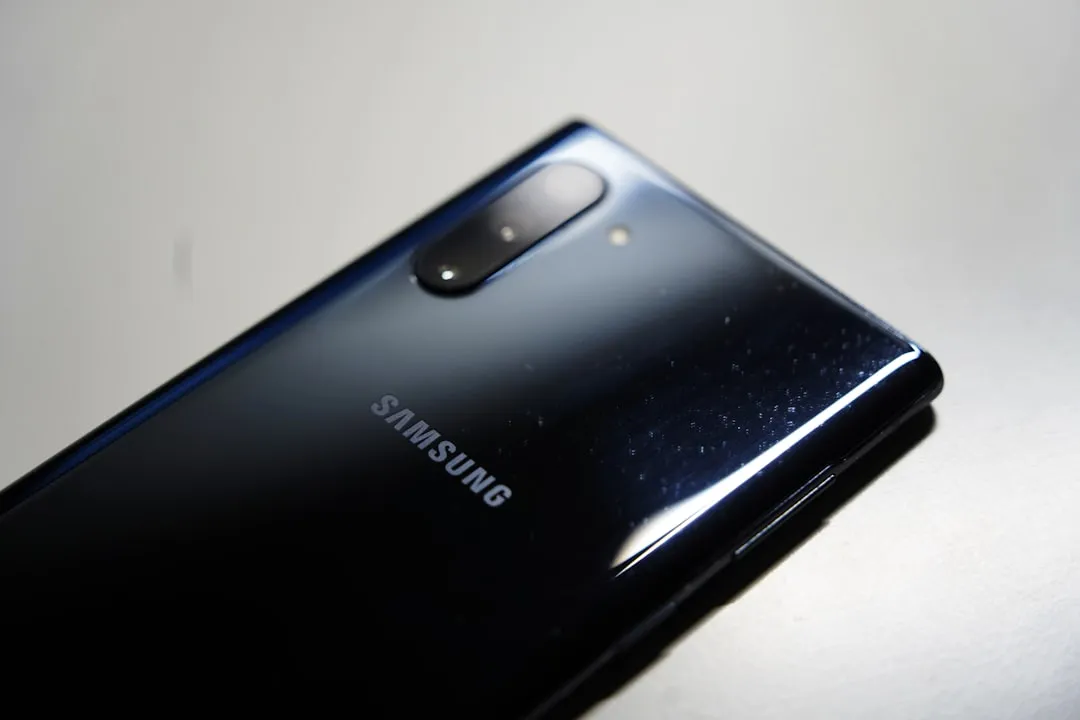
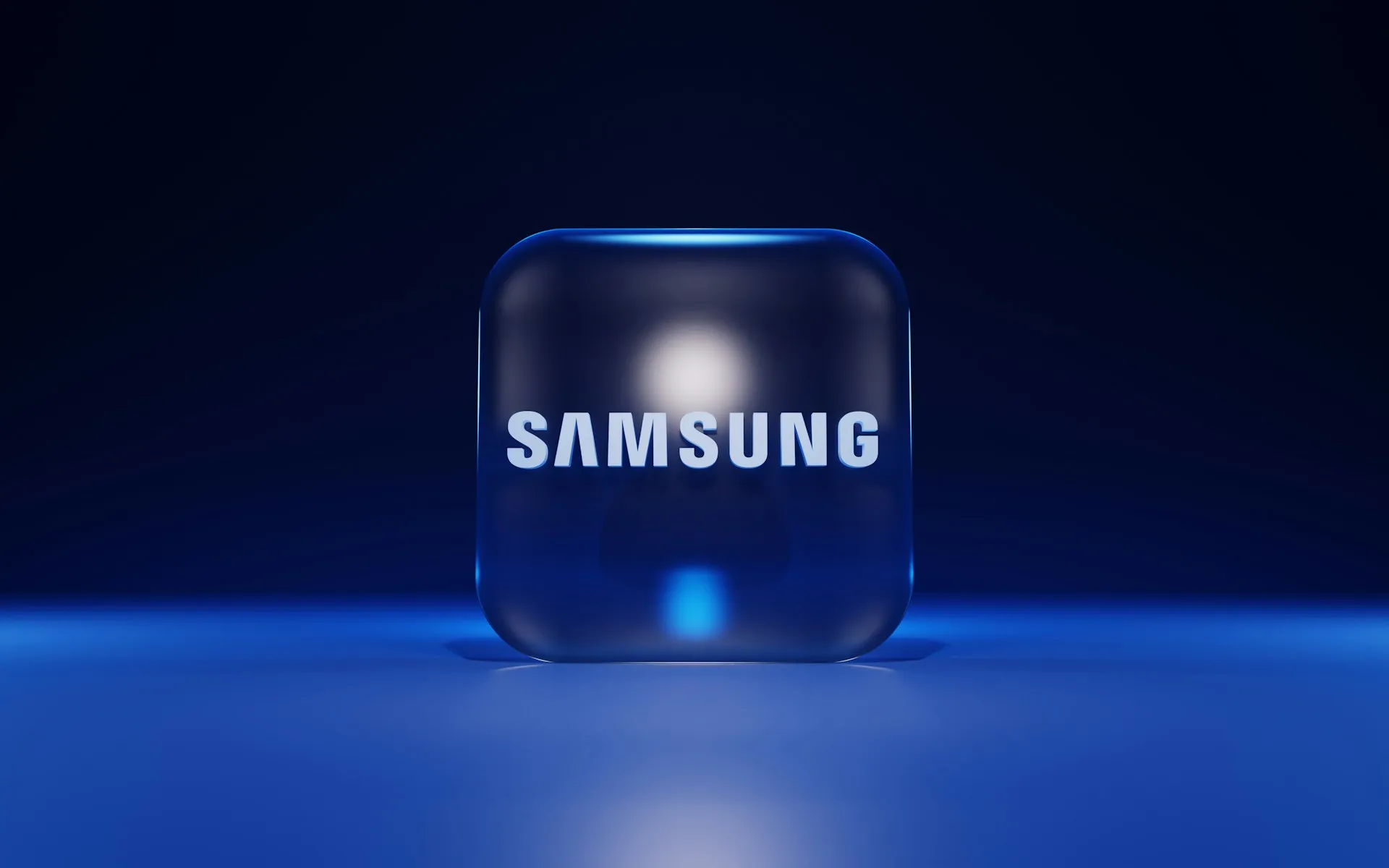
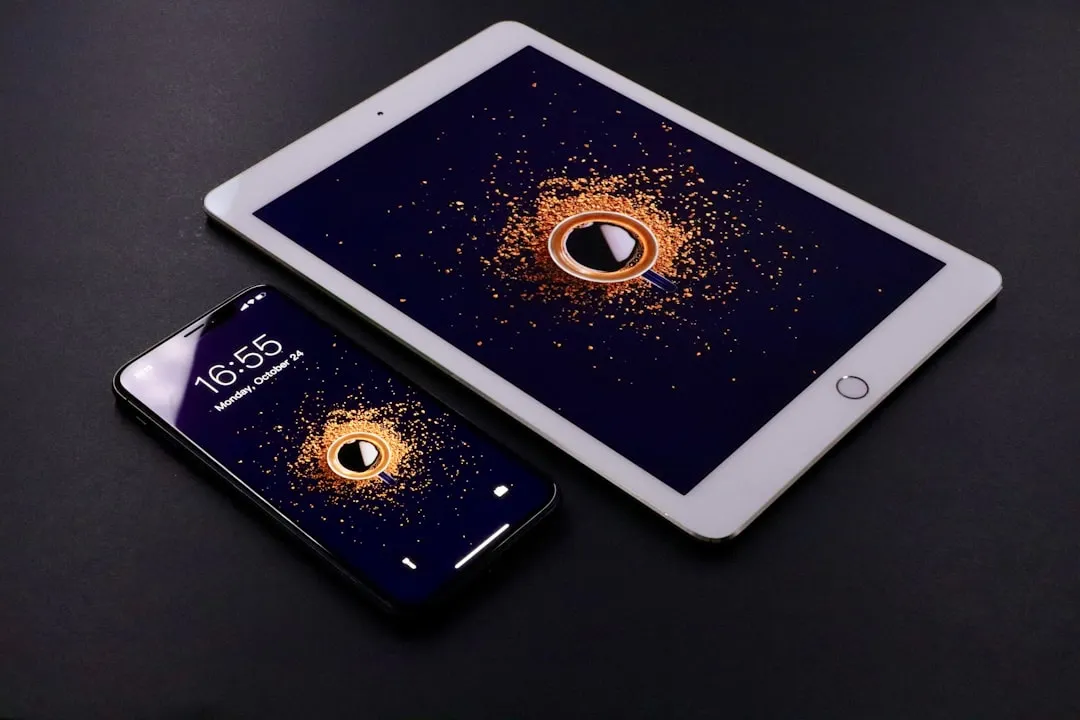
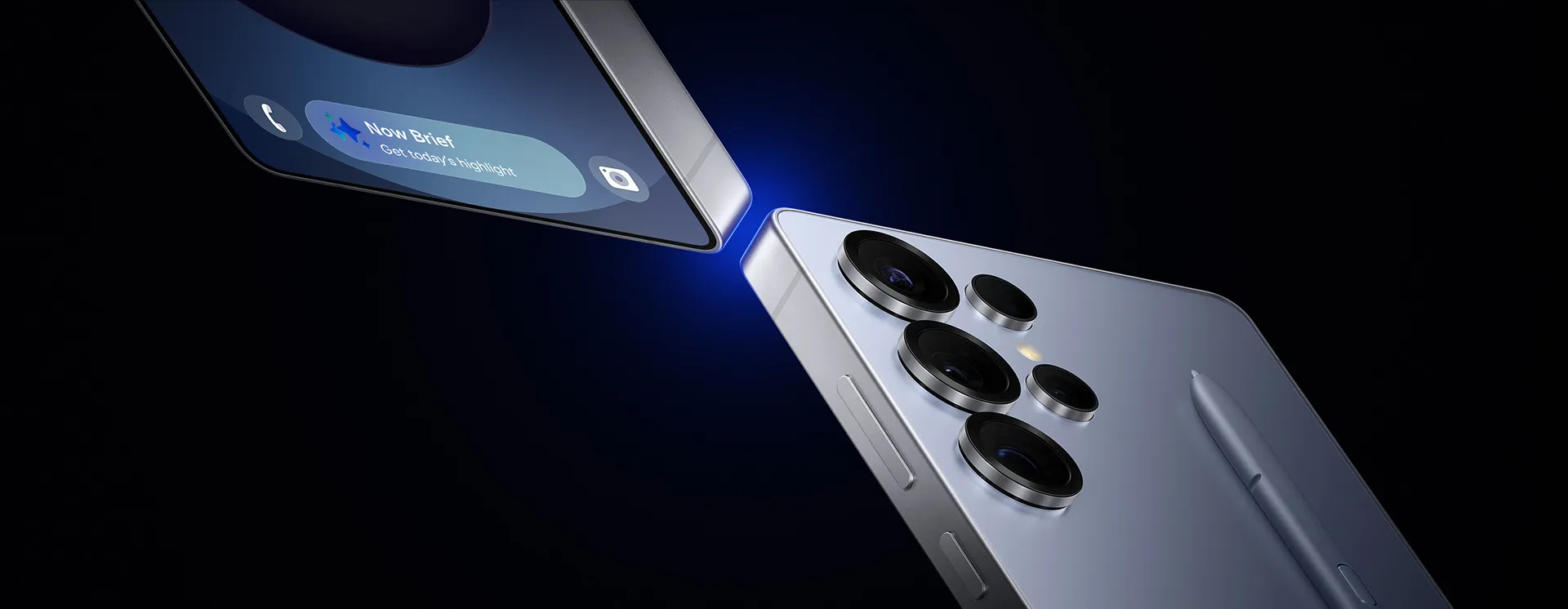

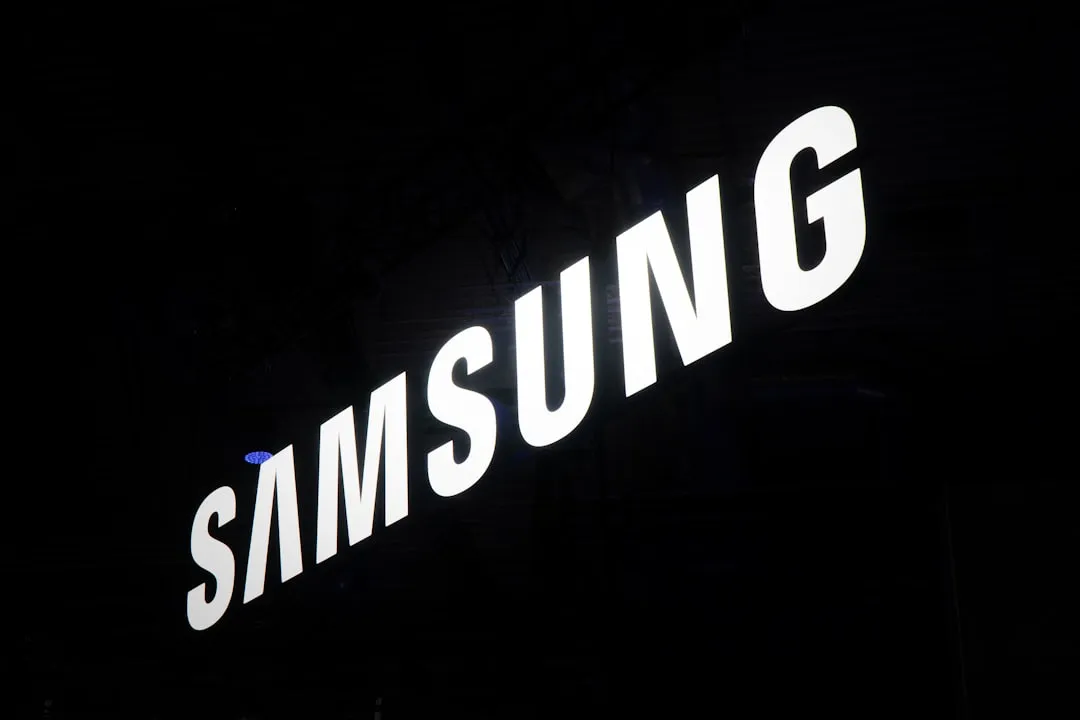

Comments
Be the first, drop a comment!